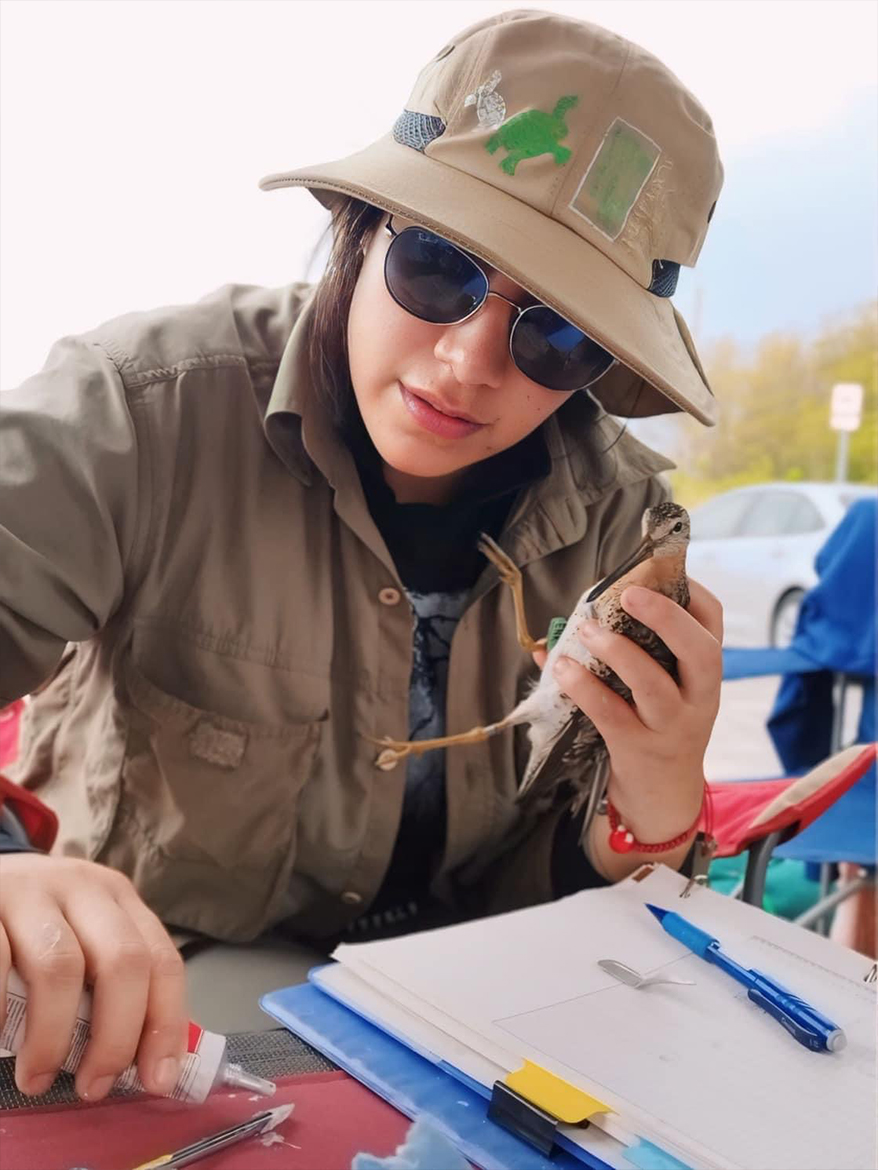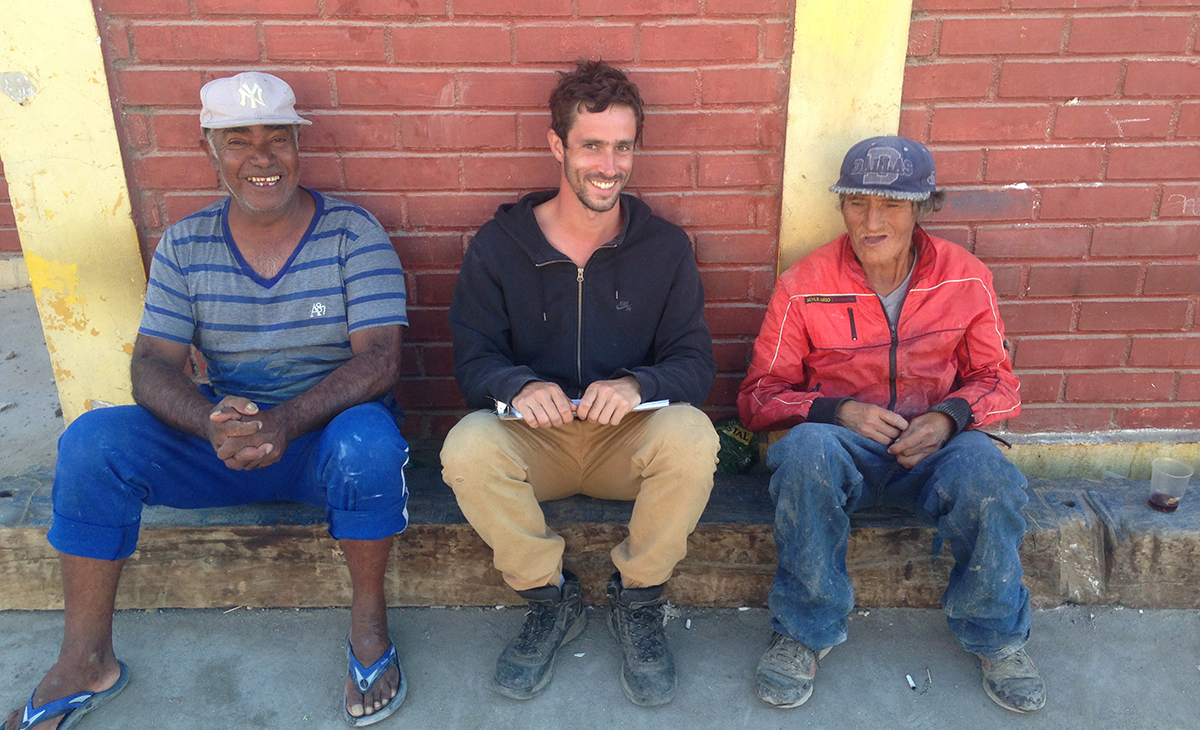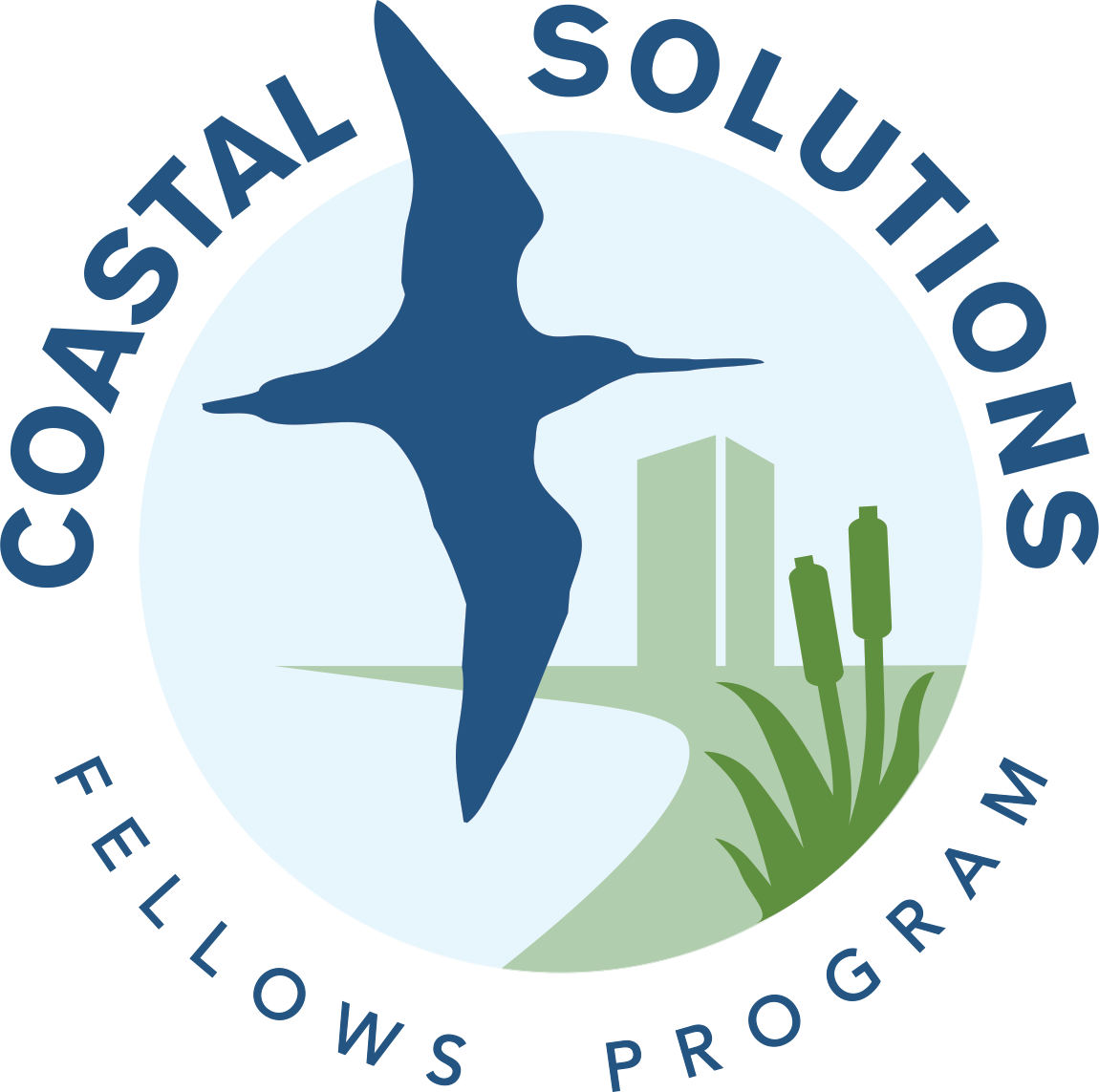Coastal Solutions Fellows Advance their Academic Studies
One of the cornerstones of the Coastal Solutions Program is an ongoing capacity building in our Fellows. From participating in professional retreats, with topics that include governance, leadership and fundraising, to field trips to visit successful case-studies in coastal conservation, the Program focuses on empowering our Fellows to advance their professional development.
Since their start with the Program, five of our Fellows in Mexico, Guatemala, Colombia, Ecuador, and Chile have been accepted into national and international doctoral programs, focused on increasing their knowledge and skills to generate greater impact, both within and outside their projects.
In this edition we want to celebrate two Fellows embarking on their doctorate journey and congratulate them for the bright future that awaits them. Here they tell us what motivated them to take this important step, and how the Coastal Solutions Program became an integral part of this process.


Eliana Montenegro, Coastal Solutions Fellow 2021, Ecuador
Project: Solutions for the sustainable coexistence between humans and aquatic birds in La Segua, Ecuador
Doctoral Program: Ecology and Evolutionary Biology
University: Tulane University, School of Science and Engineering, New Orleans, USA.
What motivated you to apply to this Doctoral Program?
I have been looking for PhD programs for approximately 3 years. My motivation is mainly based on my interest in research and the academic environment in the mid and long term. I am passionate about teaching, and although my career drifted a bit towards project coordination, I feel it is a great time to return to the academic path. My doctoral applications were related to bird conservation issues, however, in recent years this focus has shifted to migratory birds. The Taylor Lab at Tulane University caught my attention because of its focus on migration research, which at the same time offers an opening to the social sciences in which I am also involved. Dr. Caz Taylor, my mentor, showed great interest in my profile, and especially in my current project with the Coastal Solutions Program in La Segua wetland, working on the conservation of migratory shorebirds.
How did the Coastal Solutions Program support your motivation or application?
The program has been crucial in my motivation to apply to PhD programs over the past two years. My experience with migratory shorebirds became important in this application process, especially because I was interested in finding a program that I could link to the project. Thus, my Ph.D. research will be conducted at the same site of the Coastal Solutions project, La Segua wetland, in Manabí, Ecuador. Preliminarily, my research aims to understand the habitat use of migratory shorebirds in natural and artificial non-breeding sites, as well as to include the analysis of the environment as a socio-ecological system, where productive systems are crucial in migratory shorebird conservation issues.
What is your future vision for your career after finishing your PhD?
Considering my passion to advance in my career and make meaningful contributions to conservation, I believe now is an appropriate time to embark on my doctoral studies. This pursuit will allow me to acquire advanced knowledge, research skills, and the necessary mentoring to become a leading expert in the field of conservation biology. In addition, I aspire to contribute significantly to capacity building within the conservation community in my country, and in South America. With a PhD, I will be better prepared to train and mentor the next generation of conservationists, fostering a culture of evidence-based conservation practices, not only for migratory birds but for other species and ecosystems.

Juan Silva, Coastal Solutions Fellow 2022, Chile
Project: Strengthening resilience capacities for the Mouth of the Mataquito River, Chile
Doctoral Program: Environmental Management
University: James Cook University, Townsville, Australia.
What motivated you to apply to this Doctoral Program?
To continue improving, acquiring new knowledge and tools for the sustainable management of wetlands and associated ecosystems in Chile and the world.
How did the Coastal Solutions Program support your motivation or application?
The Coastal Solutions Program gave me a broader and deeper vision of the problems we face as a society when trying to advance in the sustainable management of our ecosystems and natural resources, in a way that is compatible with the interests of different stakeholders. The field work and the direct contact with users and authorities, added to the opportunities for learning and discussion provided by the Program, inspired me to continue expanding my knowledge and acquiring more complex tools to contribute to real, effective and equitable solutions in the management of our wetlands.
What is your future vision for your career after finishing your PhD?
To be able to make important contributions at the national, regional and international level in the development of strategies, public policies, and education on the sustainability of wetlands and associated ecosystems. I am interested in contributing from different sectors: on the one hand, together with Fundación Refugia as the civil society wing, generating alliances and funding from the private and public sector for the implementation of direct actions in the territories. On the other hand, collaborating with local, regional and national governments, to contribute to the development, implementation and evaluation of public policies. Finally, from the educational system, contributing to the transfer of knowledge and capacity building for new generations that can continue and multiply the efforts developed in these areas.


The Coastal Solutions Fellows Program builds and supports an international community to design and implement solutions that address coastal challenges across the Pacific Americas Flyway. Our main goal is to conserve coastal habitats and shorebird populations by building the knowledge, resources, and skills of Latin American professionals, and by fostering collaborations among multiple disciplines and sectors.
